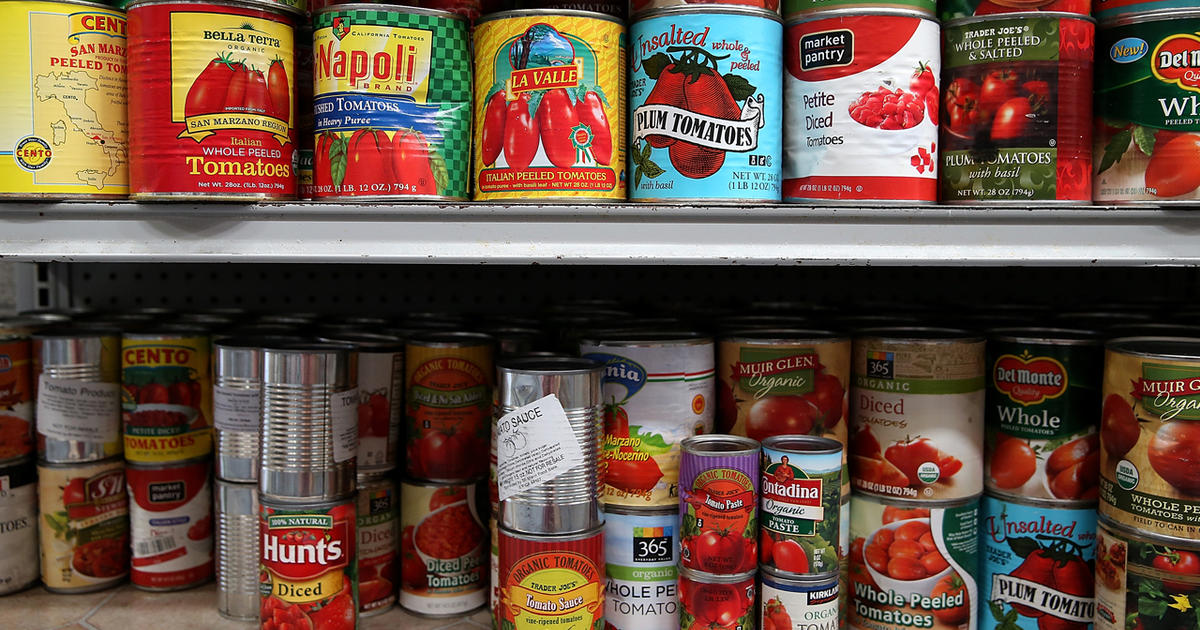
"Hunger cliff" looms as 32 states are set to cut food-stamp benefits
CBSN
A "hunger cliff" is looming for millions of Americans, with 32 states set to slash food-stamp benefits beginning on Wednesday.
The cuts will impact more than 30 million people who are enrolled in the Supplemental Nutrition Assistance Program, or SNAP, in those states, according to data from the U.S. Department of Agriculture. Among the states where recipients are facing cuts are California and Texas, which have greatest number of people on SNAP, at 5.1 million and 3.6 million, respectively.
The reductions, set to begin in March, are due to the end of so-called emergency allotments, which bolstered food-stamp benefits at the start of the pandemic as Americans grappled with the massive disruption to the economy. While the U.S. is certainly on more stable footing than in 2020, households are now struggling with high food costs. Groceries were about 11.3% higher in January than a year earlier — making the timing of the SNAP cuts particularly challenging, experts say.

President Biden on Monday signed into law a defense bill that authorizes significant pay raises for junior enlisted service members, aims to counter China's growing power and boosts overall military spending to $895 billion despite his objections to language stripping coverage of transgender medical treatments for children in military families.

It's Christmas Eve, and Santa Claus is suiting up for his annual voyage from the North Pole to households around the world. In keeping with decades of tradition, the North American Aerospace Command, or NORAD, will once again track Santa's journey to deliver gifts to children before Christmas 2024, using an official map that's updated consistently to show where he is right now.

An anti-money laundering law called the Corporate Transparency Act, or CTA, appears to have been given new life after an appeals court on Monday determined its rules can be enforced as the case proceeds. The law requires small business owners to register with the Financial Crimes Enforcement Network, or FinCEN, by Jan. 1, or potentially pay fines of up to $10,000.








